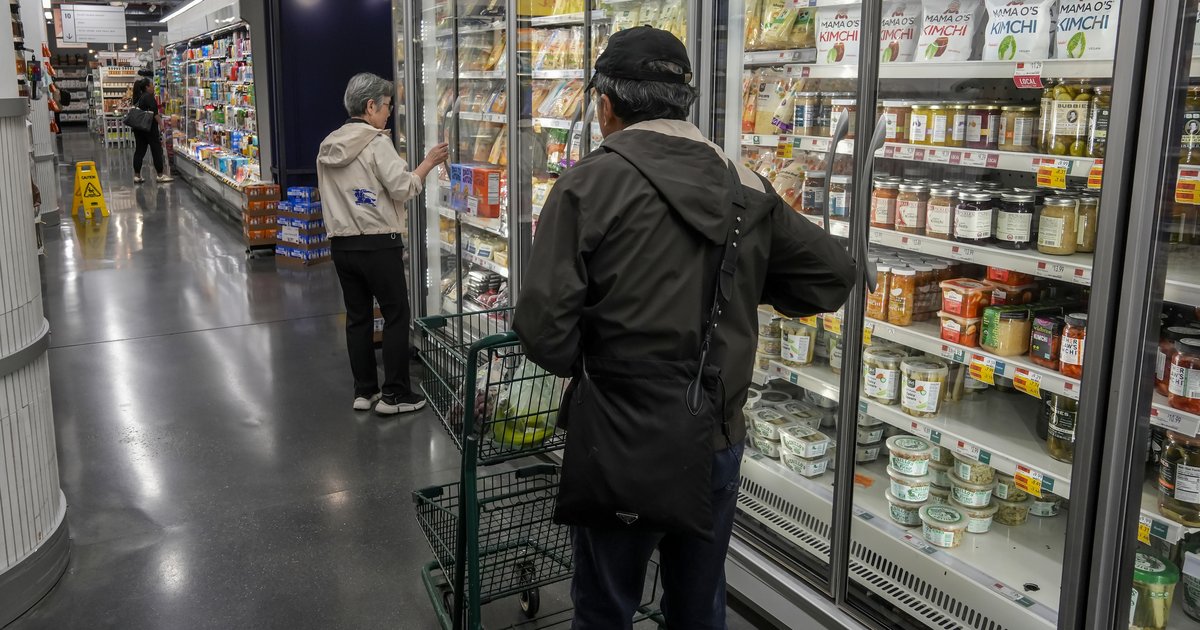SNAP has new work requirements, but exemptions could help many at risk of losing food assistance
By Michaela Althouse
Copyright phillyvoice

The Supplemental Nutritional Assistance Program, better known as SNAP, looks a little different in Pennsylvania this month.
Work requirements for the program, which provides low-income households with food assistance, changed on Sept. 1 after the passage of President Donald Trump’s domestic policy bill. Recipients now must provide an exemption or proof that they’re working on average 20 hours a week to continue to qualify. If they don’t, they’re limited to three months of SNAP benefits for a three-year period. Approximately 42,000 Philadelphians could lose their benefits under the new requirements.
Louise Hayes, a supervising attorney at Philadelphia’s Community Legal Services, said this “time limit” tying benefits to work requirements was actually part of a 1996 Personal Responsibility and Work Opportunity Reconciliation Act. But the expansiveness of this is unlike anything that’s come before.
“It’s been around a long time, it’s just never been implemented in Philadelphia before,” Hayes said. “And then the huge reconciliation bill that was passed at the beginning of July makes the time limit apply to a lot more people.”
At CLS, Hayes said the main priority is getting exemptions for residents so the changes don’t apply to them, which she hopes will help more recipients keep their benefits. Pennsylvanians making more than $217.50 per week are considered exempt. Once an exemption is in place, it’s good for a year. Other exemptions include people who are caregivers, pregnant, on unemployment, in a drug or alcohol treatment program, homeless or if they have a medical conditions that reduce their ability to work.
Hayes said SNAP recipients should have gotten an exemption screening form in the mail last month. If not, they need to notify their social worker or local County Assistance Office.
“A bunch of these exemptions, people have to raise their hand and let the County Assistance Office know,” Hayes said. “We are very worried about their capacity to handle all this influx of new work.”
For those who don’t meet any exemptions but do comply with the 20-hour per week rules, Hayes said they’ll have to submit paystubs or some other proof that they’re meeting the requirement twice per year. However, she noted that people can comply through volunteering, as well.
According to the state, people who have reached the time limit, haven’t notified the state of an exemption or don’t meet the work requirements will get a notice in the mail saying their eligibility will end. Hayes said if people appeal a ruling within 15 days of the notice, benefits should continue until a hearing, and they can prove eligibility in that time.
A round of changes for the immigrant community is schedules for Nov. 1. Refugees, asylum-seekers and other humanitarian immigrants will no longer be eligible unless they have a Permanent Resident Card, aka a green card. There are fewer exemptions for these cuts, although Hayes said some people might have a green card but had no reason to report it to SNAP until now. Cuban and Haitian immigrants will remain eligible.
The policy bill will also reduce spending for Medicaid, which is expected to cut off assistance to nearly 8 million people nationwide, the New York Times reported. With all of the changes, Hayes said it’s been a busy time for CLS — especially after two benefits assistance organizations in Philadelphia closed last year — but they’re hoping to ramp-up capacity at the end of the year to help even more residents after the November changes.
With the new requirements applying to so many residents, which Hayes called a “paperwork-intensive process,” she said she hopes there’s enough capacity to help people.
“It’s been a lot for the state to try to do on short notice, in addition to a whole lot of other things that have to do with the results of that federal law,” Hayes said. “One thing that I hope they will do is ensure that they have adequate staff to all of this work.”



